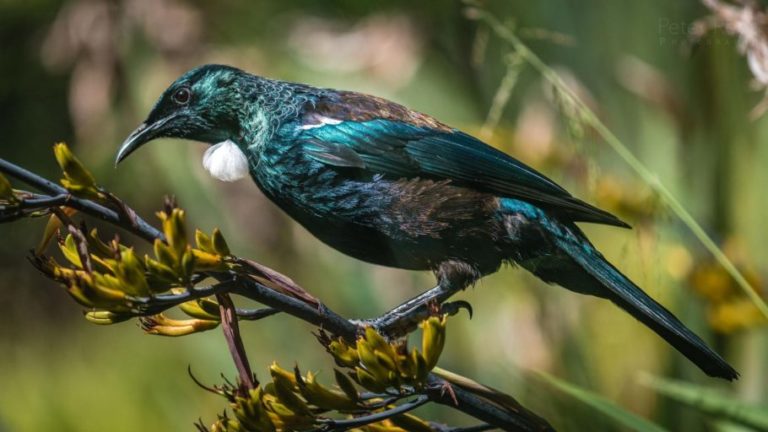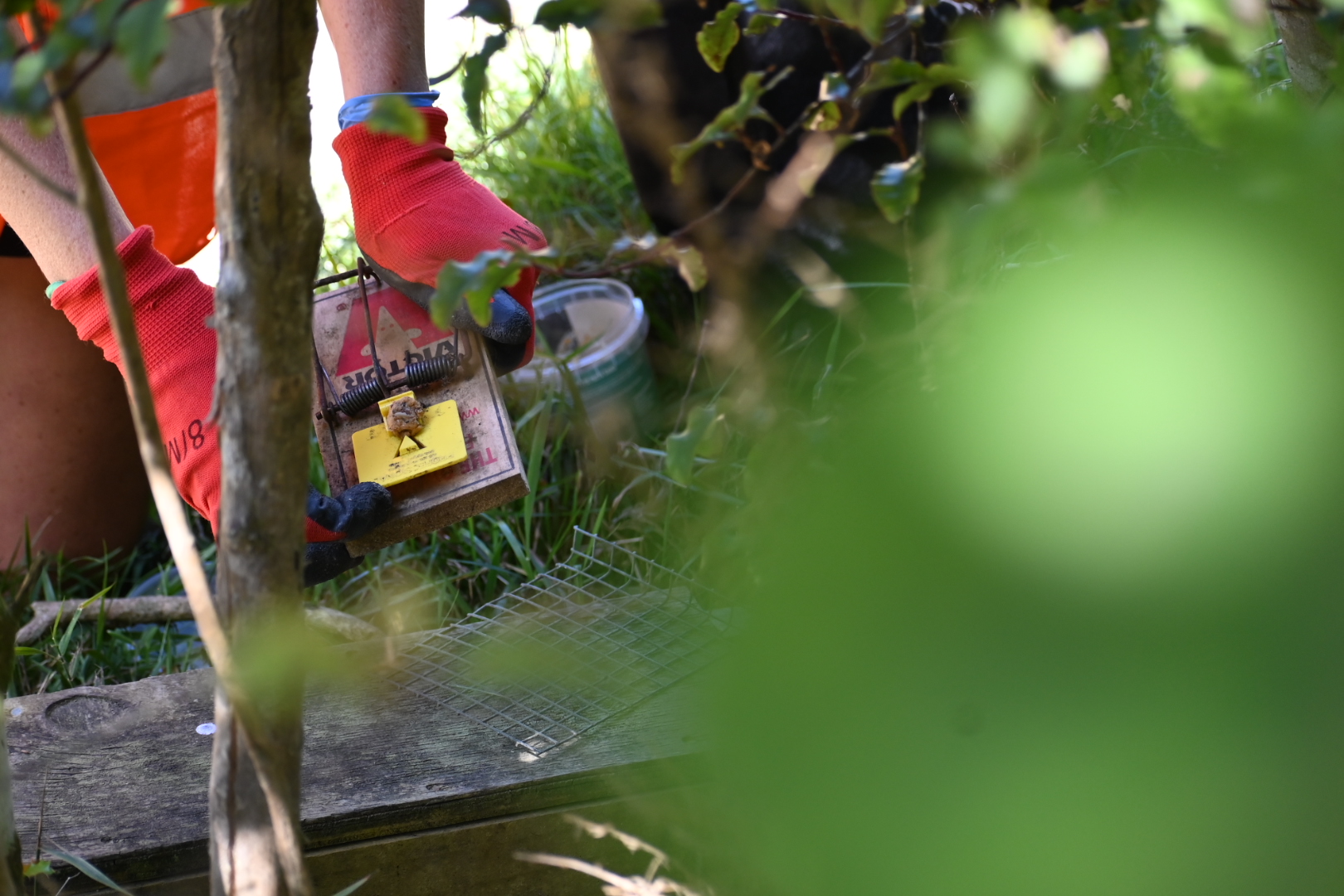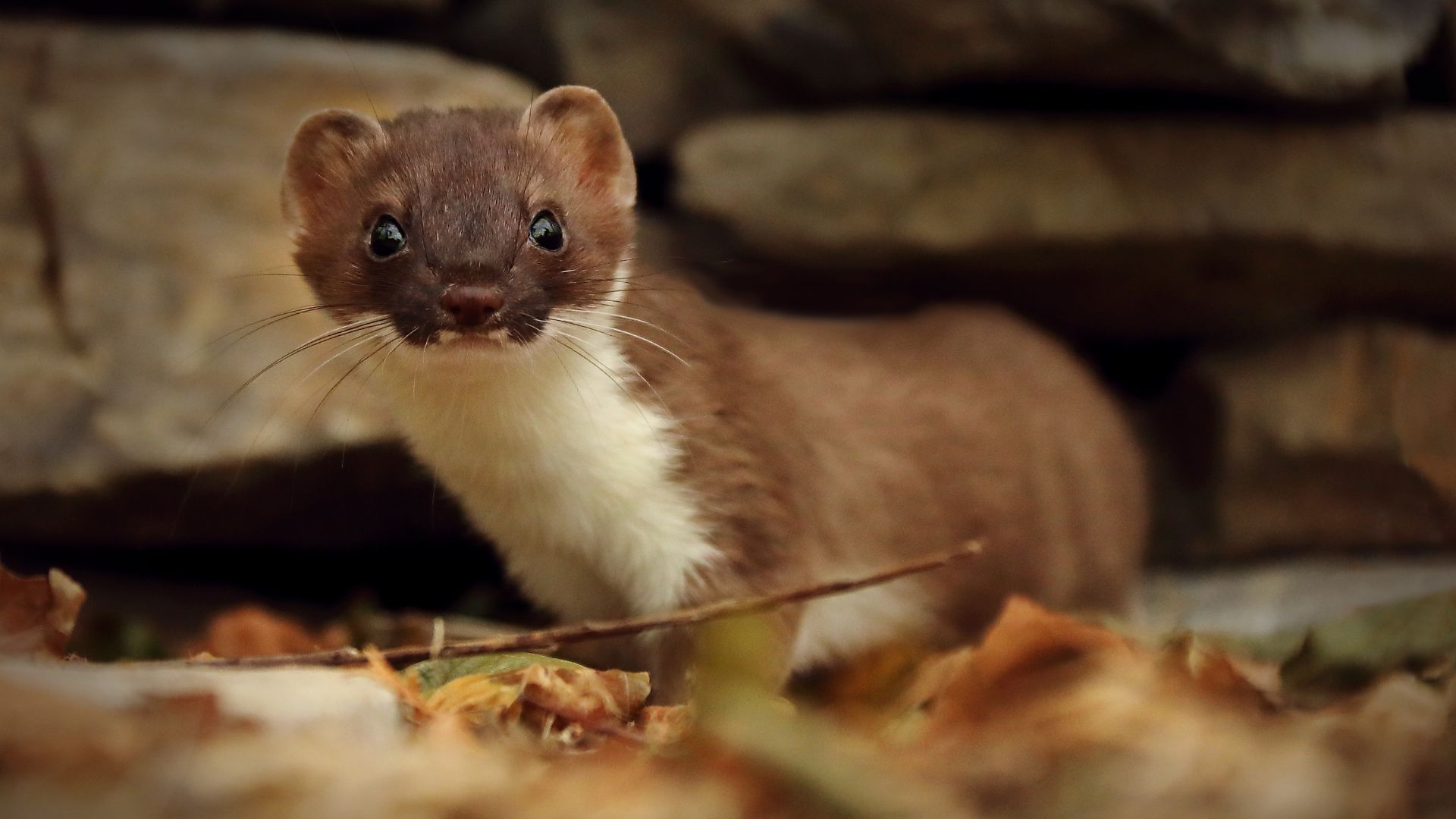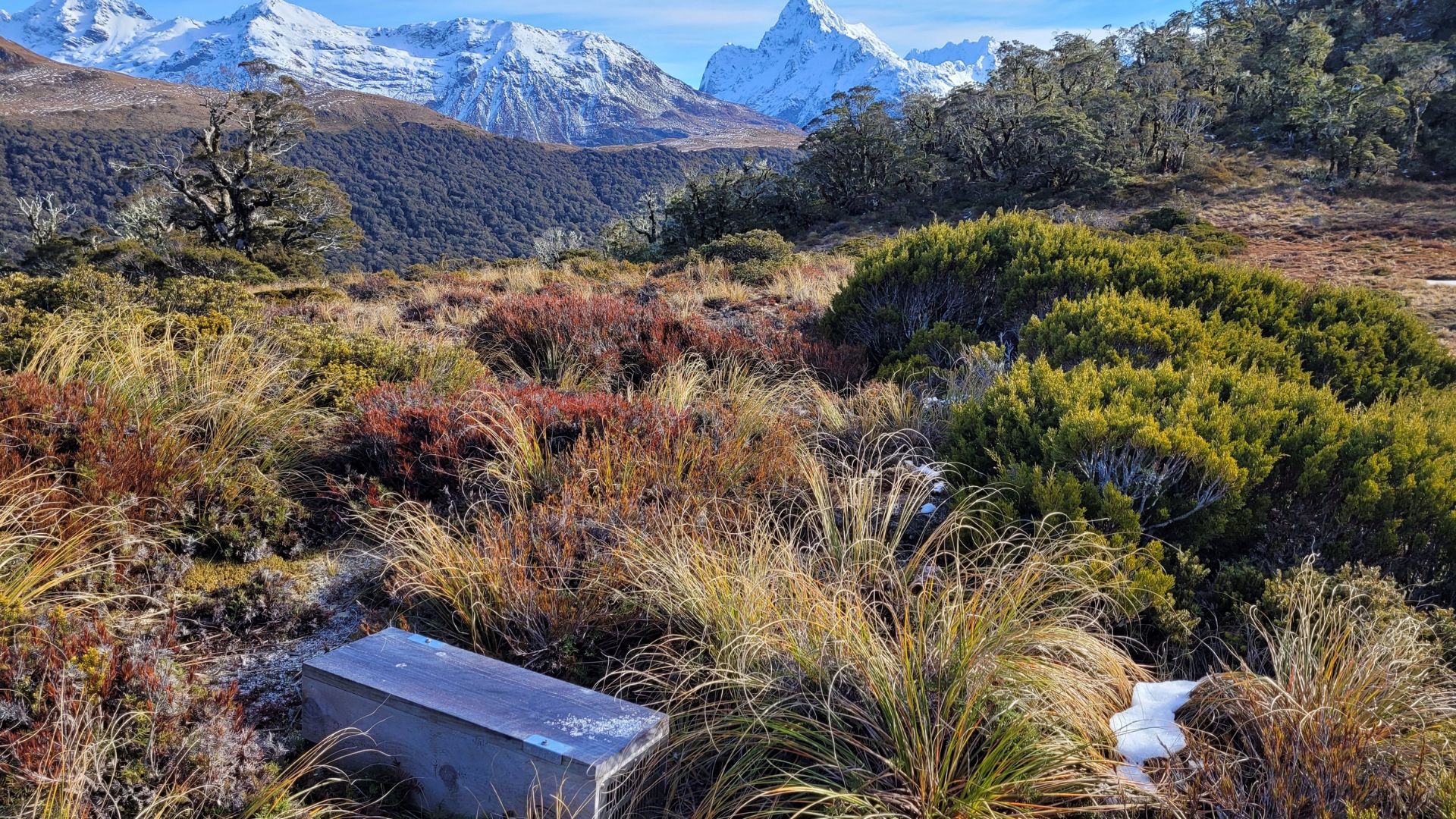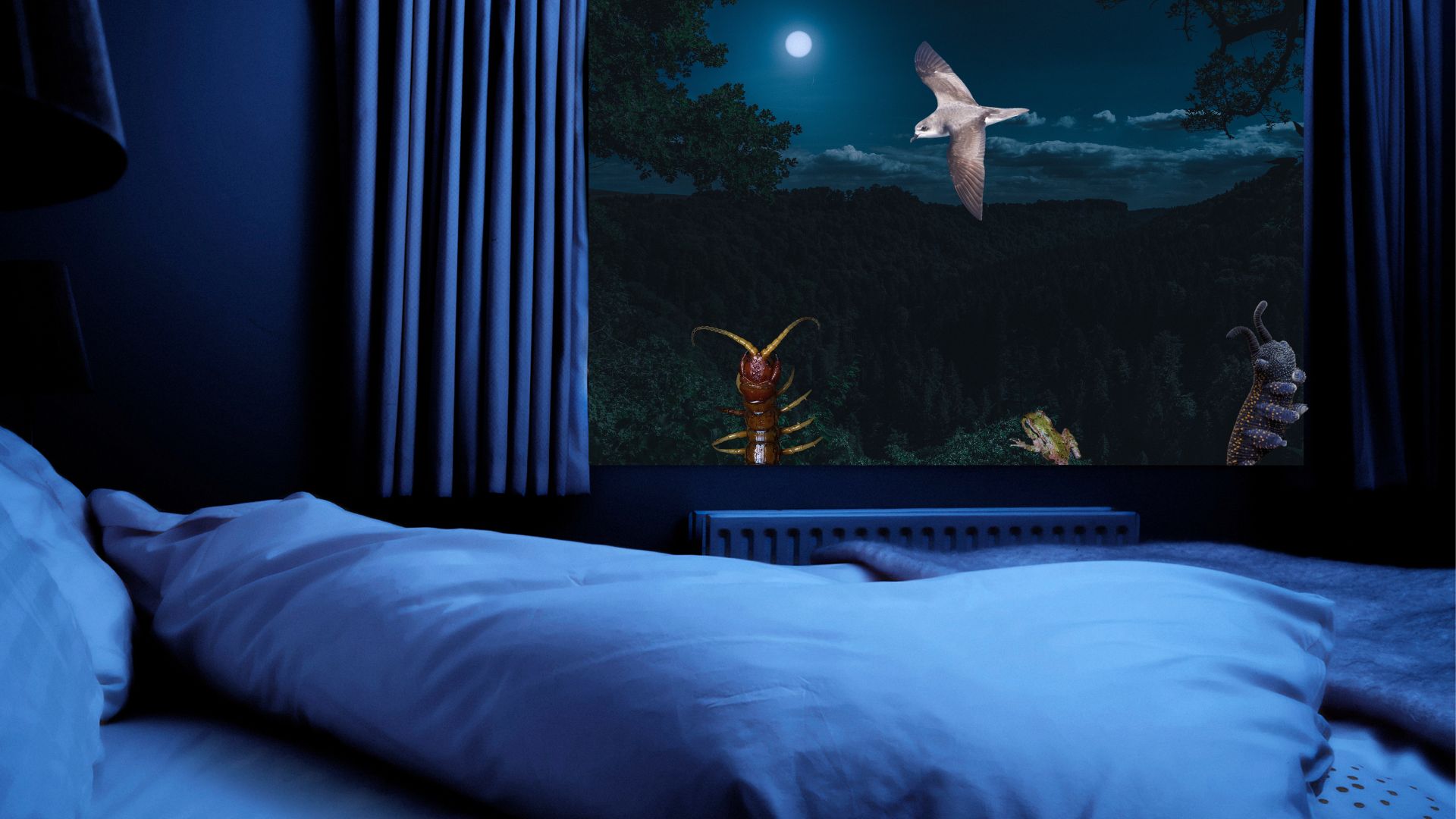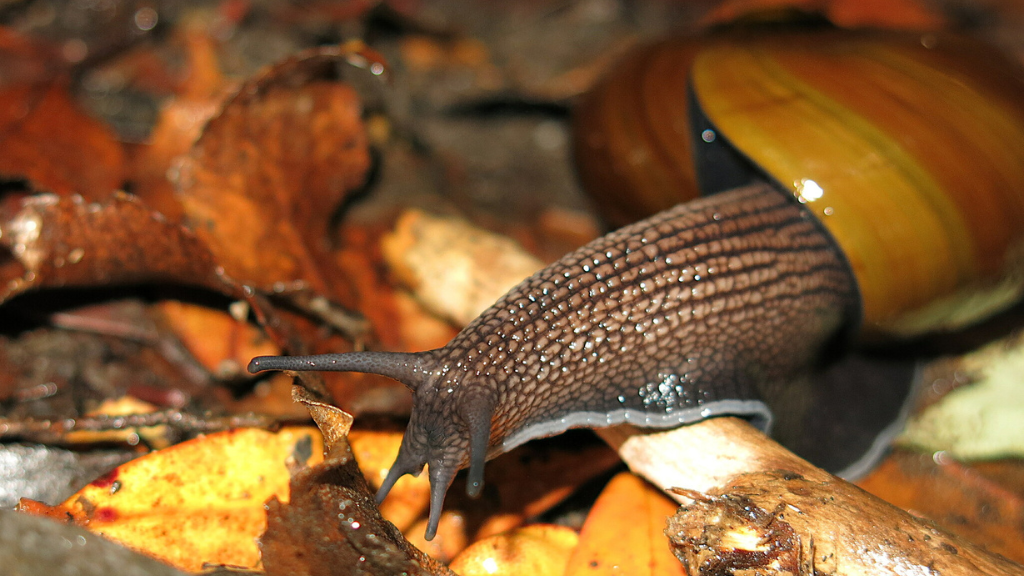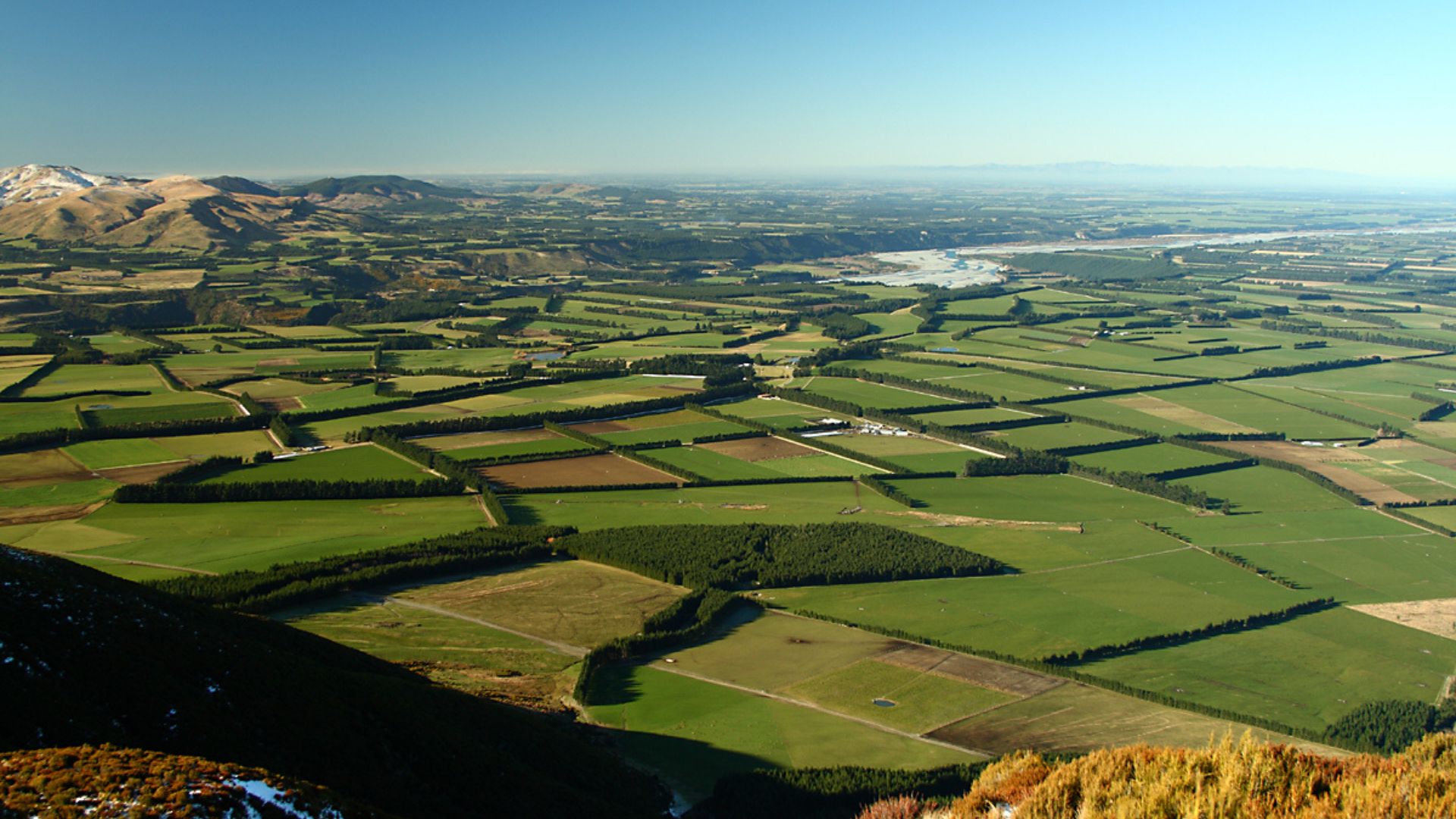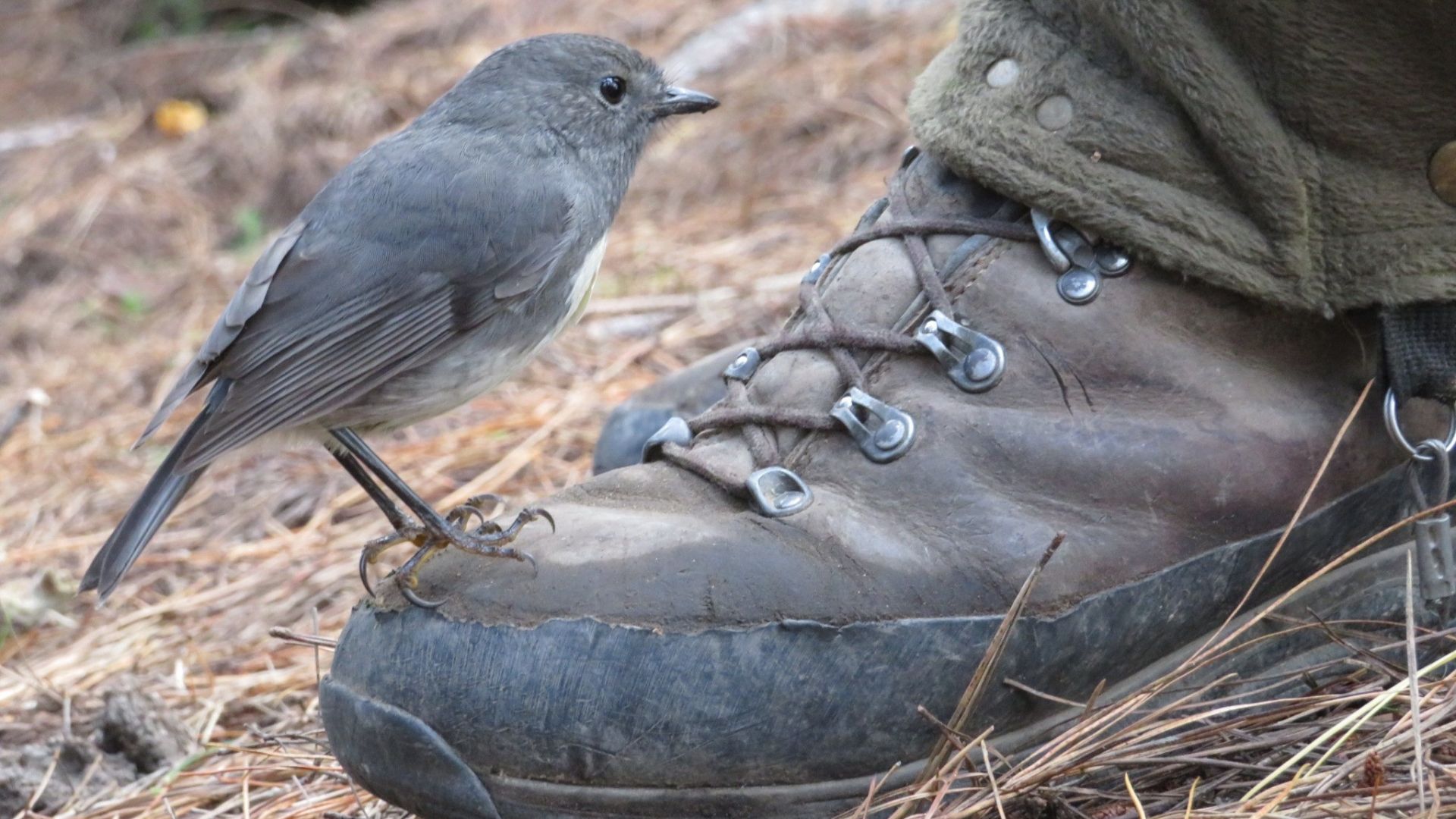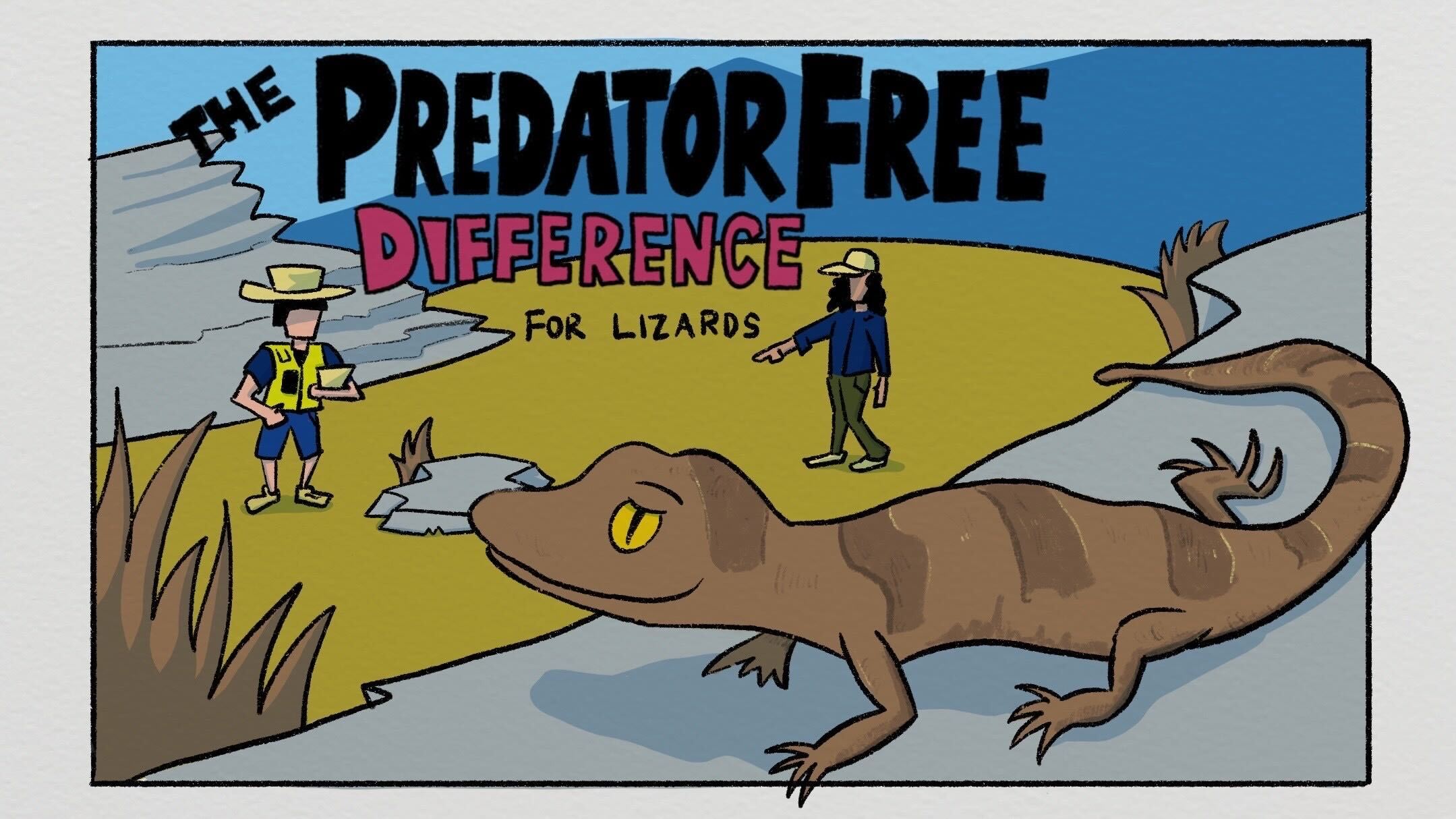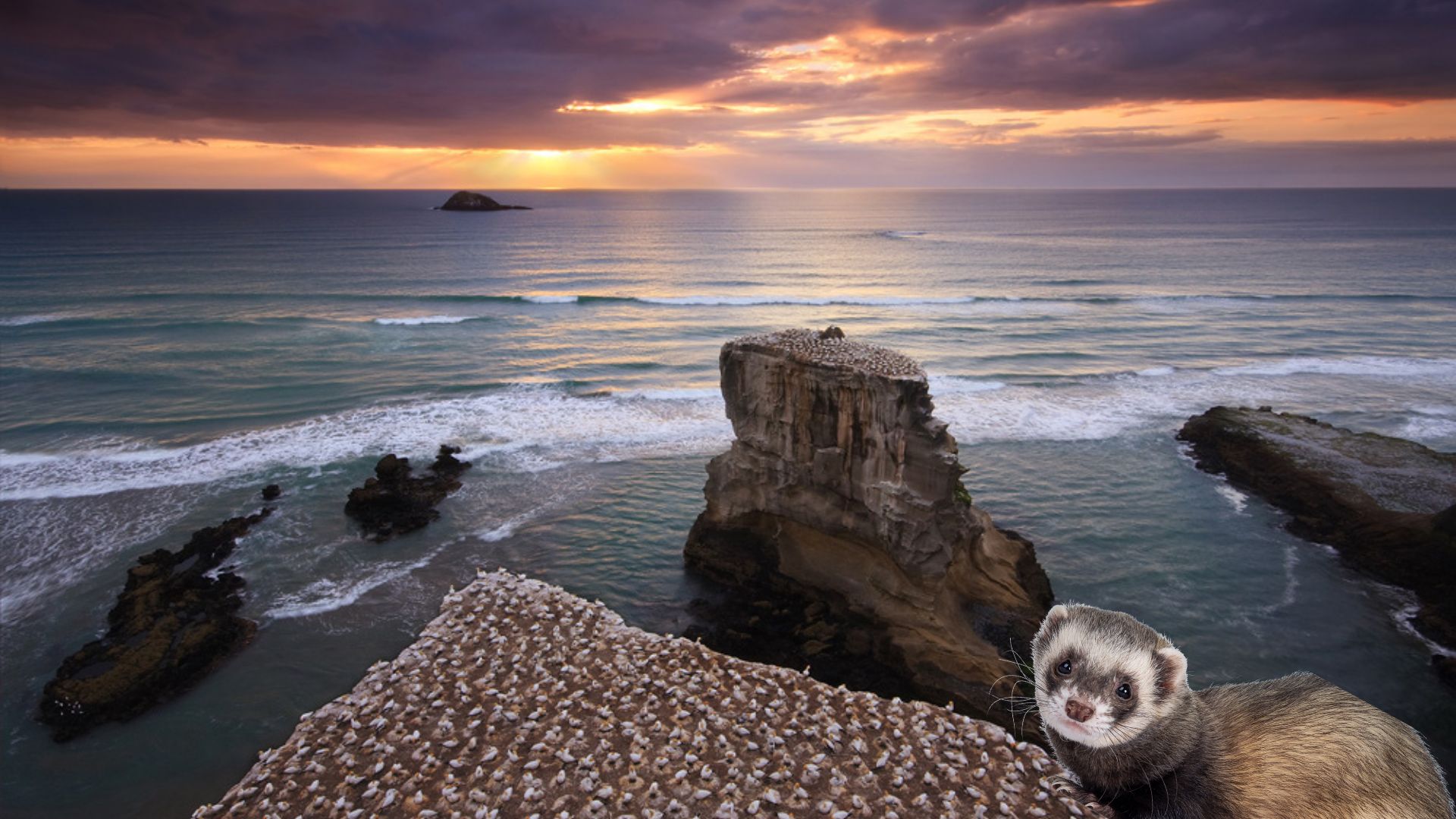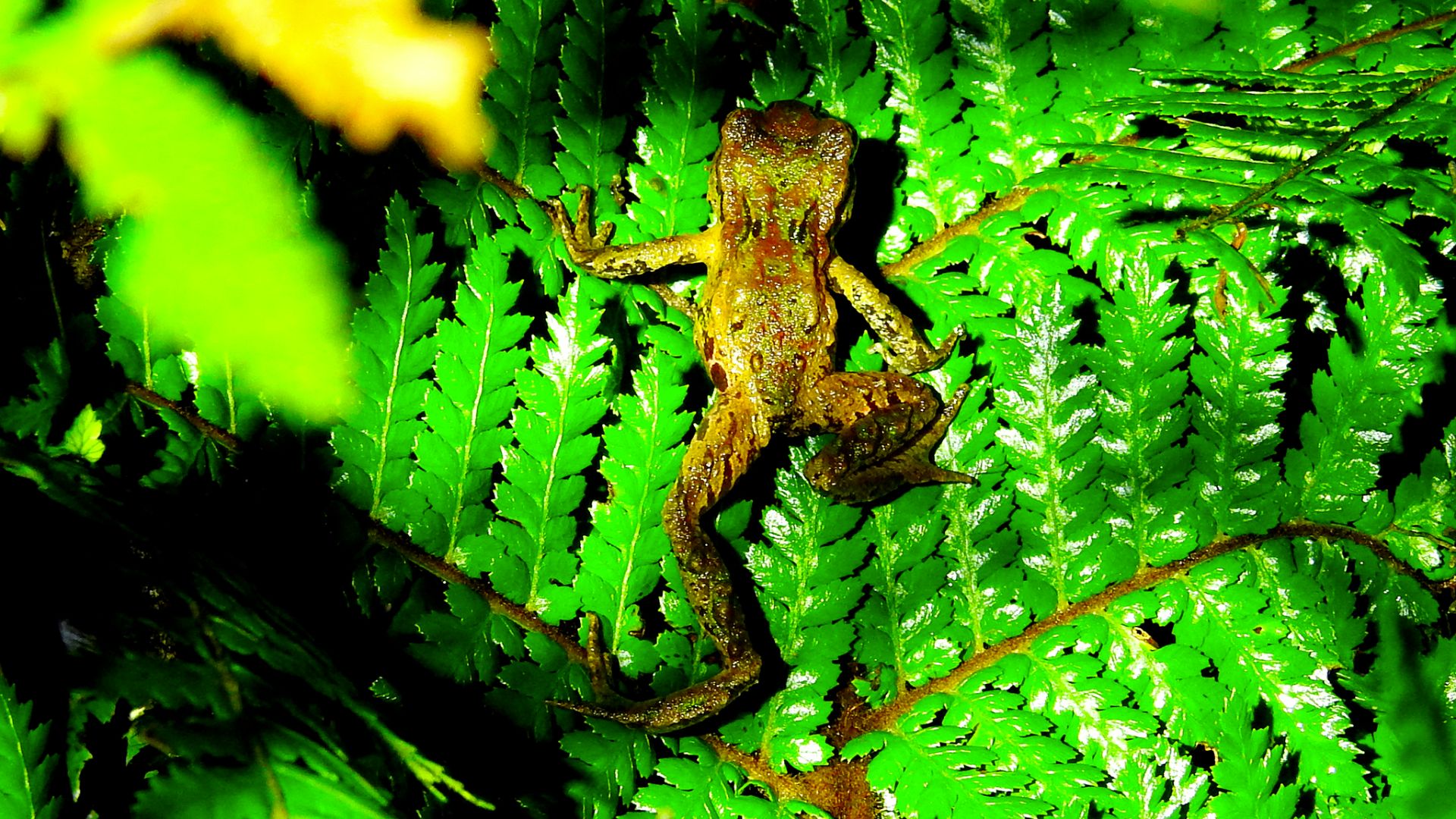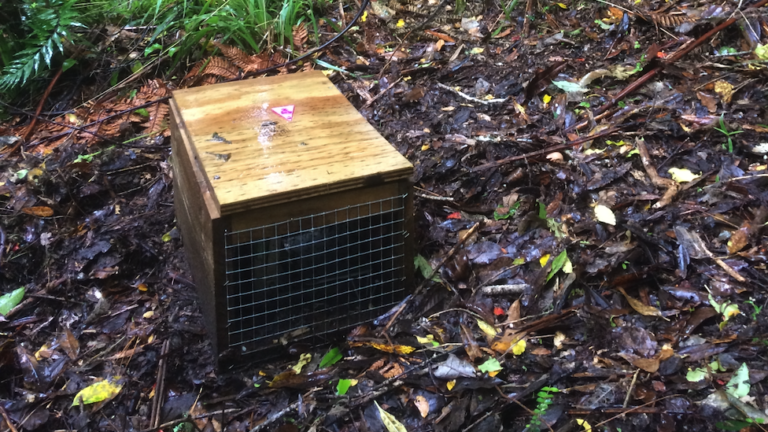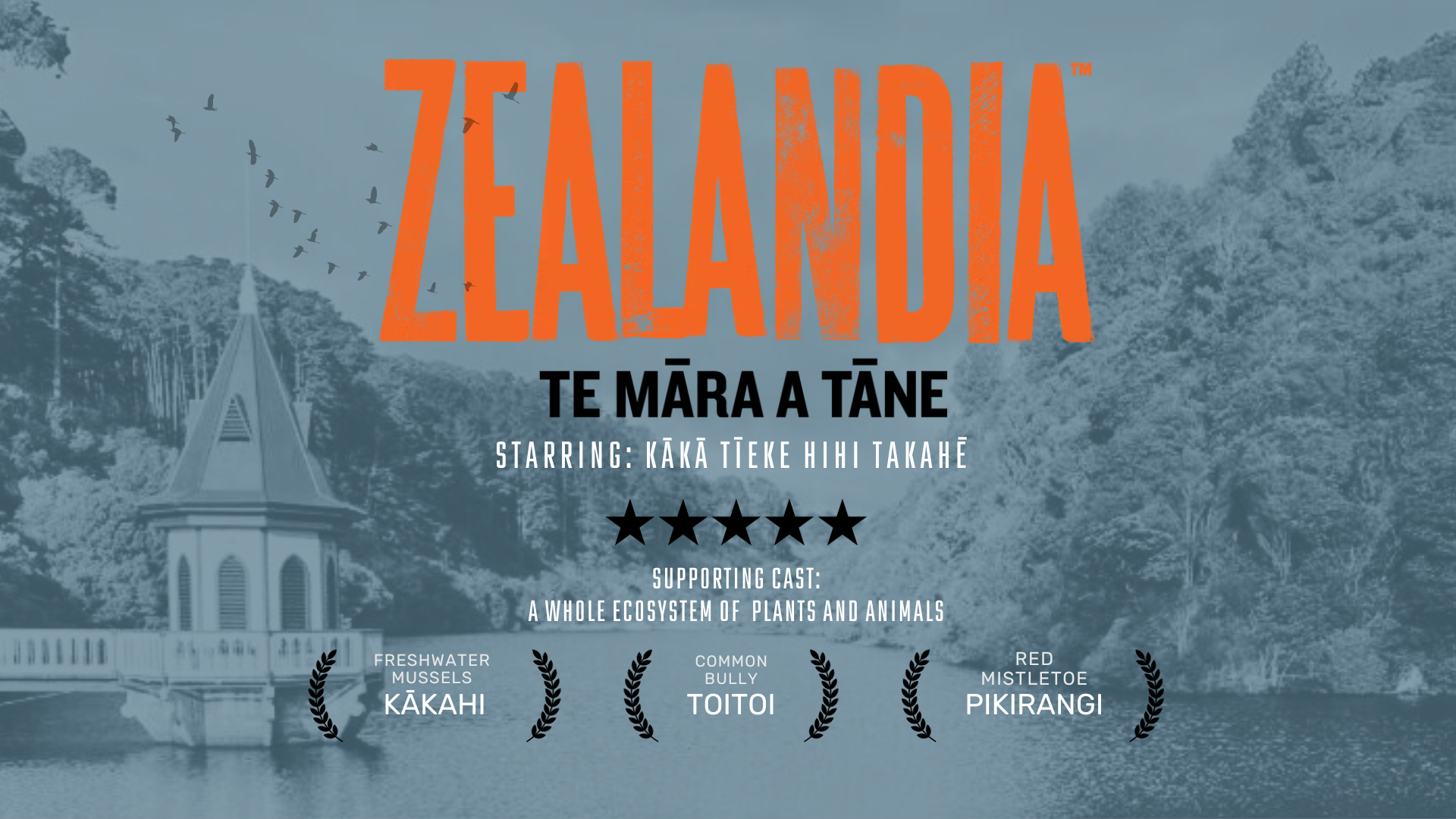Other articles tagged with Research
If our native birds were gardeners, what would they plant?
No matter how small, you can always make your backyard more attractive to native birdlife by providing food, water, shelter, and nesting places/materials.
Comic: smelly predator science
Possum butts smell garlicy. Research suggests that predator-emitted volatile organic compounds could be used for predator monitoring.
On the rise: predator free awareness across Aotearoa
According to a new survey, the predator free movement is steadily gaining momentum, with nearly 40% of New Zealanders aware of the mission.
Stoat personalities: unravelling the mystery of trap-evasion
Why do some stoats get caught in a trap, but others walk on by? Researchers have been diving deep into animal behaviour in an attempt to find out.
If you’ve ever thought, “what’s the point?” about nature conservation, this study is for you
Nature conservation really, actually works, and control of invasive species shows the largest positive impact, according to a new global study.
Poison claws and slime assault: 7 nocturnal creatures to delight in this forested estate
When the sun goes down, a whole new world wakes up in the native forest subdivision of Mahakirau.
Beyond birds: 5 things that benefit from predator control
Predator control in New Zealand is one of the ways we can bring birds and many other species back from the threat of extinction.
Buzz off: 7 facts about wasps
When you think of “introduced predators”, what comes to mind? Probably feral cats, rats and stoats. Wasps are introduced predators too.
Win-win: farming can help nature thrive and vice versa
Many farmers are already tapping into innovative resources, actively sowing the seeds of positive change for on-farm biodiversity.
Are curious and friendly robins losing their personalities due to introduced predators?
Research suggests our friendly and curious kakaruwai (South Island robin) might be losing their bold personalities in the presence of introduced predators.
Comic: the predator free difference for lizards
Comic from illustrator Andrew James, explains the difference predator control makes for geckos and skinks inside a sanctuary.
Three chicks dead: teamwork catches Muriwai ferret
A ferret sniffing around petrel burrows and gannet colony on the west coast of Auckland ignited a race against time to protect the seabirds.
A glimmer of hope for Archey’s frog survival in Waikato
Archey’s frogs survived the comet that decimated the dinosaurs - but this walnut-sized pekeketua (frog) is close to extinction on our watch.
Predator control: there’s no one tool to rule them all
An intricate web of ecological, technological, and logistical challenges makes it clear that a diverse range of tools and skills is required.
Why is Zealandia Te Māra a Tāne translocating so many “unusual” species?
At Zealandia birds like kākā and takahē create a lively canopy and forest floor. But behind the scenes, there is a complex web of connections.

